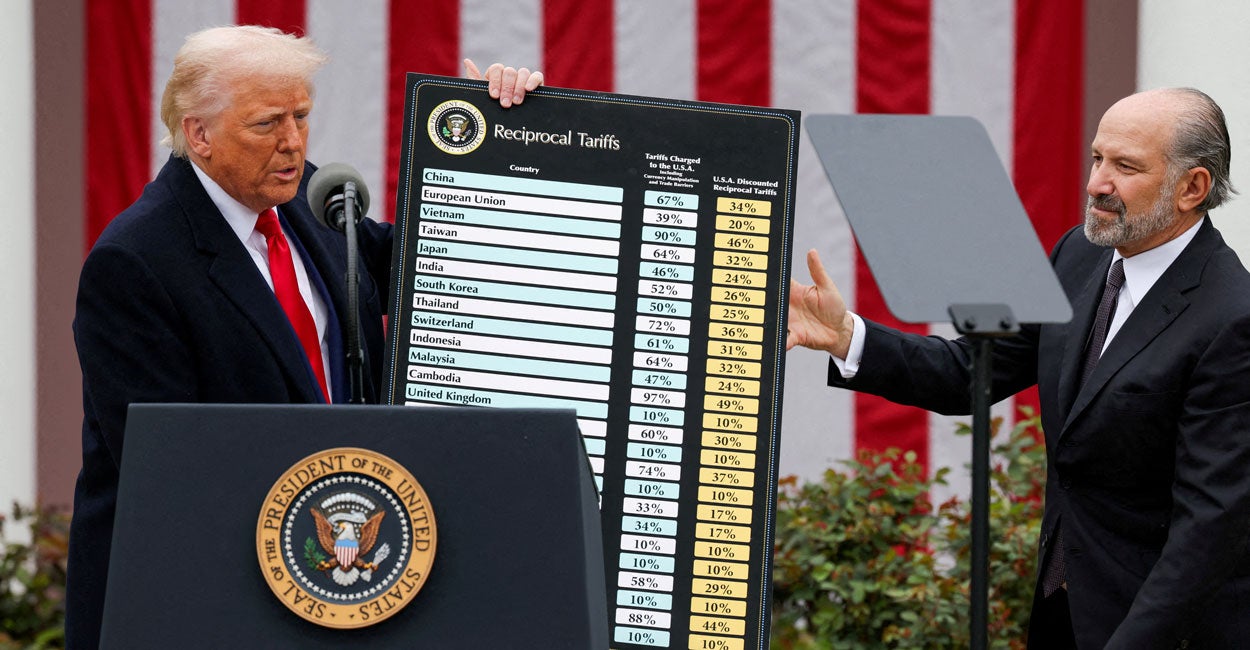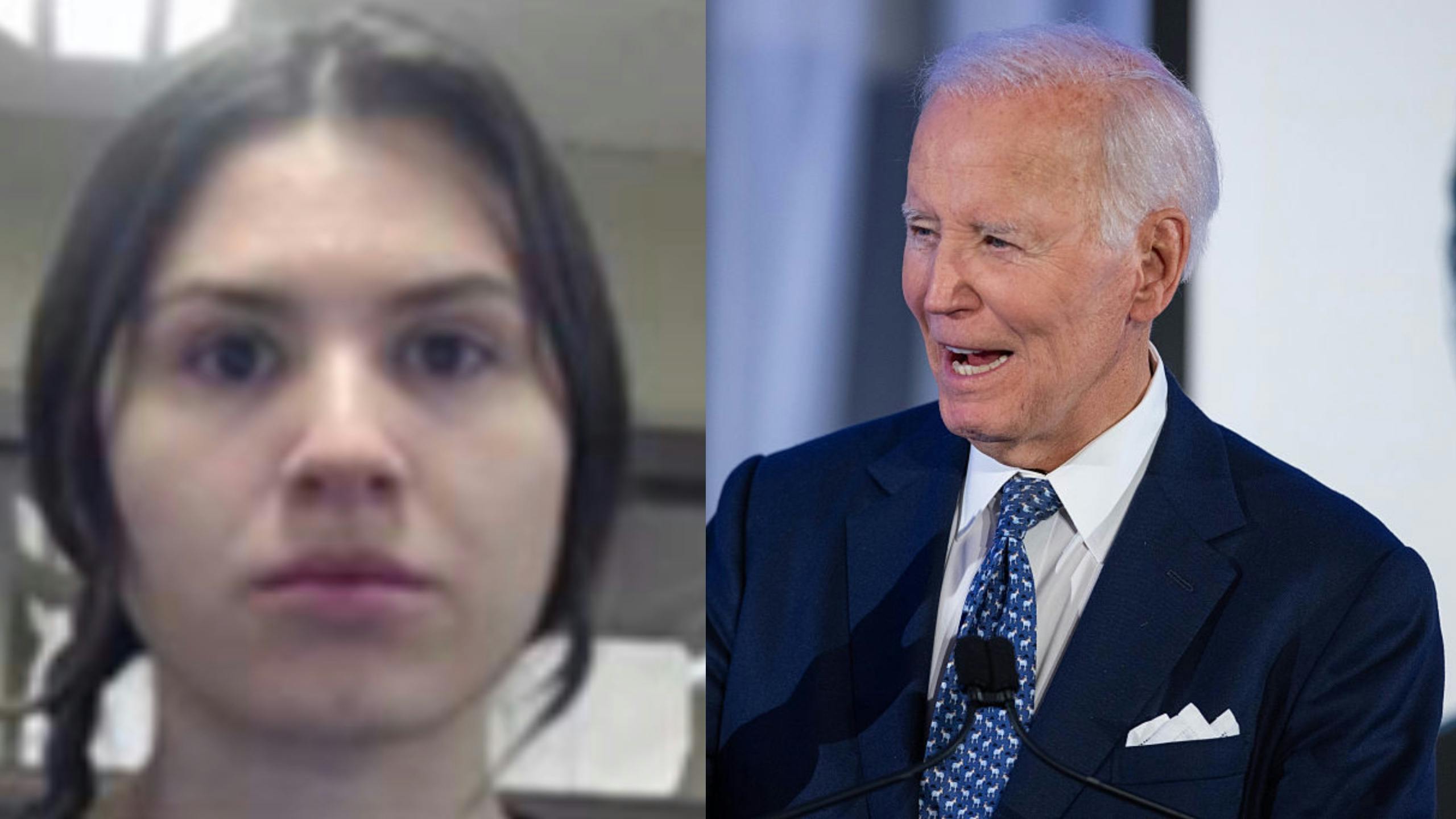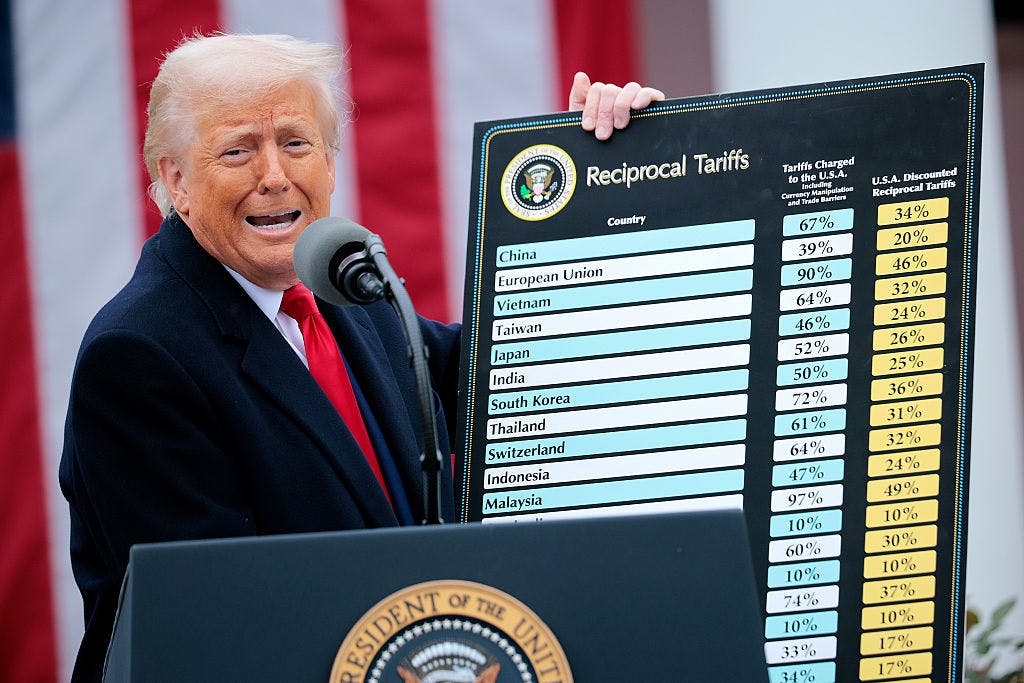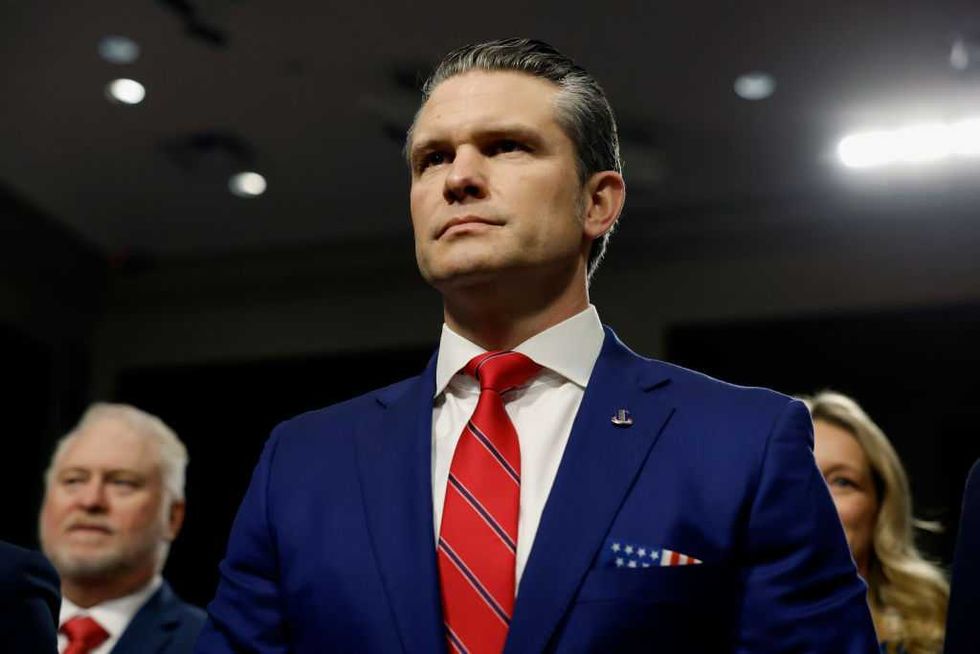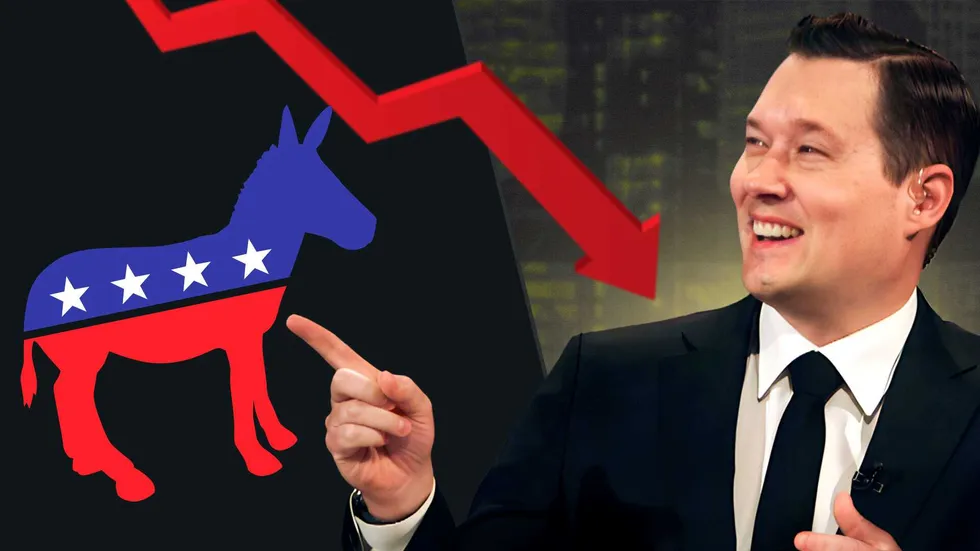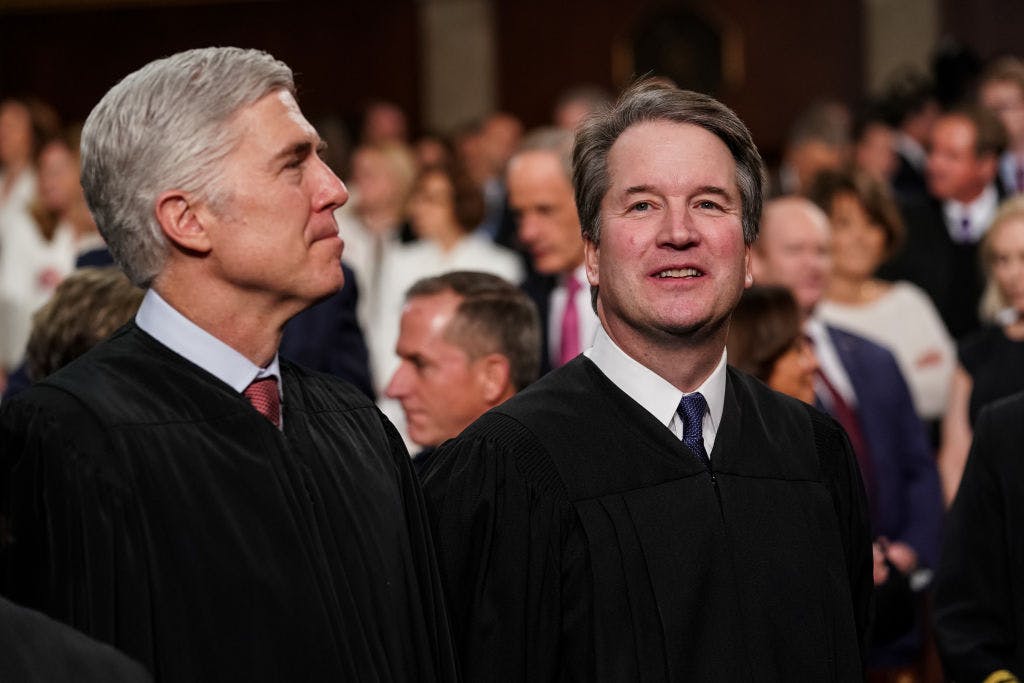Epstein Bill is No Win for Transparency
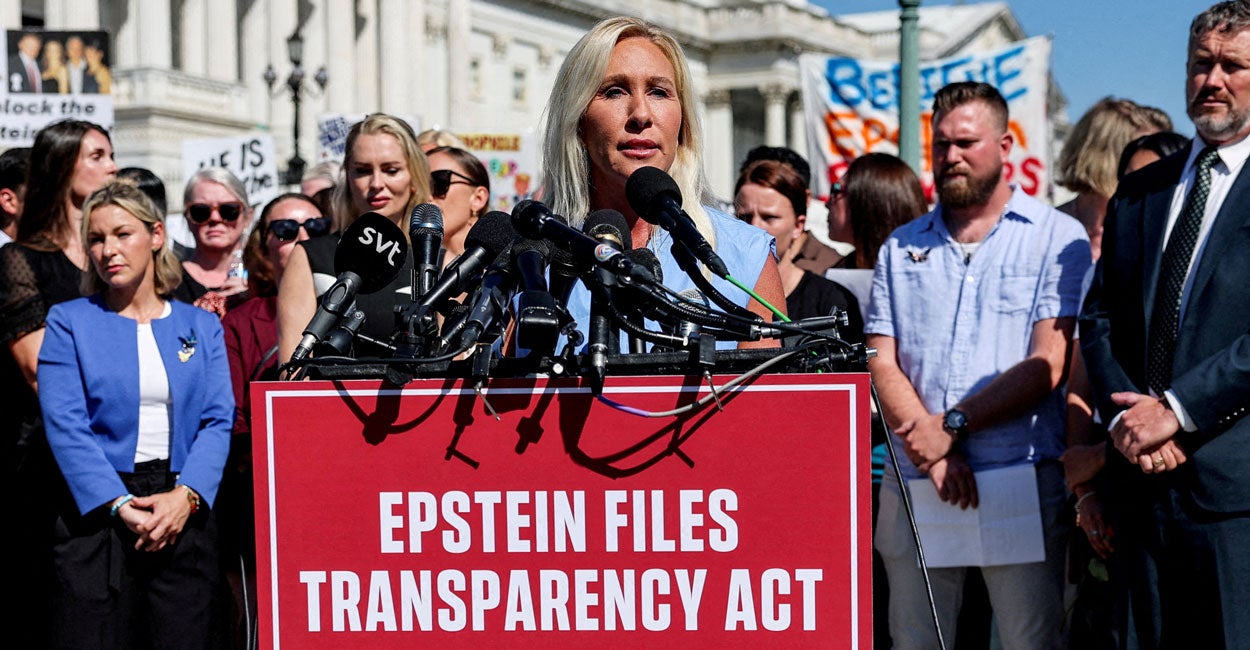
Following months of political theater, gamesmanship, and grandstanding in the halls of Congress, President Donald Trump has signed into law the bill to release the Epstein files. Political leaders on both sides of the aisle have taken victory laps for transparency and are eagerly awaiting the release of documents to score more political points. But like much of what happens in the halls of Congress these days, the Epstein files law is yet another example of Congress appearing to fix a problem and failing to do so. This law is a red herring and is endemic of the much larger problem of weak congressional oversight.
Live Your Best Retirement
Fun • Funds • Fitness • Freedom
The Epstein legislation is poorly written and contains loopholes large enough to drive a Mack truck through. For example, the legislation applies only to records in the possession of the Justice Department. What about the rest of the U.S. government? There are legitimate questions surrounding Jeffrey Epstein’s connections to the intelligence community. By cabining records on in the possession of the Justice Department, the bill leaves a lot of meat on the bone.
Second, it has no enforcement mechanism if the executive branch refuses to comply. It doesn’t even define what compliance looks like.
Congress has already written legislation to force transparency without an enforcement mechanism. It failed miserably.
In 2023, Congress unanimously passed the COVID-19 Origin Act, which required the Biden administration to declassify “any and all” information related to the origins of the COVID-19. Under the statute the only redactions allowed were to protect “sources and methods” and, like the Epstein bill, mandated the delivery of reports to Congress by a certain date. The Biden administration ignored the deadline and produced a paltry five-page report that failed to provide the information mandated to be released by the law.
What did Congress do next? The authors of the legislation wrote an angry letter. In response, the Biden administration wrote a letter of their own saying they complied with the spirit and letter of the law. The issue died out, and the American people are still searching for answers on what started the pandemic that took over one million American lives.
The Epstein bill gives more discretion to the executive branch to determine what information gets released than the COVID-19 Origin Act did. It borrows privacy provisions from the Freedom of Information Act that have been abused for decades and used to invalidly redact information. It allows the withholding of classified information and records that would “jeopardize” an active federal investigation or ongoing prosecution. But it presumably leaves the Justice Department the discretion to determine what records meet that standard. And let’s not forget that the Justice Department just opened further investivations into Epstein-related matters. Finally, the bill implores the attorney general to declassify information “to the maximum extent possible.”
That’s not forced transparency, that’s begging. Without an enforcement mechanism, the law simply leaves too much discretion to the executive branch to determine what information gets released. Regardless of who is in power, the default position of the Executive Branch has been to fight transparency at all costs. Passing a law is meaningless because there is nothing Congress can do when the Executive Branch flouts the law.
A standard congressional subpoena, if enforced, would have had more teeth than this. Failing to comply with a congressional subpoena can lead to either civil or criminal contempt proceedings. Subpoena recipients have personal liability, and the risk of jail time or fines usually compels cooperation with Congress when it wields its powers in this manner.
What makes this all the more infuriating is that this isn’t my conjecture—it’s demonstrable fact. The only actual Epstein transparency to date has come from House Oversight Committee Chairman James Comer issuing and enforcing bipartisan subpoenas and conducting actual witness depositions and transcribed interviews. Comer and his staff are doing their jobs. And doing them well. But it appears no one else is.
Strong congressional oversight as a general proposition has gone the way of the dodo. Save for a few brave and aggressive committee chairmen, congressional oversight has become a joke. Few members are willing to roll up their sleeves and do the hard, unglamorous work of digging through records and uncovering the truth for the American people.
We now find ourselves in a situation where Congress only exerts itself in the name of transparency when both sides think they can score political points with the release of particular records. Committee staffs on both sides of the aisle are now eagerly awaiting the first release of records under the Epstein law so they can find documents connecting their political enemies to Epstein.
Epstein’s victims may get some closure, and the American public will probably learn some new information about what he did. But it is painfully obvious that the entire spectacle surrounding the Epstein files and the driving force behind the passage of this law is because both sides think they will be able to cherry pick documents to bludgeon the other side with. Any political victory by either side will be a Pyrrhic victory at best.
The Epstein law should not be necessary. Congress should have obtained and released the Epstein files under its oversight powers years ago. This ordeal is a symptom of a much larger problem that only gets worse with this latest showing of congressional political theater.
We publish a variety of perspectives. Nothing written here is to be construed as representing the views of The Daily Signal.
The post Epstein Bill is No Win for Transparency appeared first on The Daily Signal.
Originally Published at Daily Wire, Daily Signal, or The Blaze
What's Your Reaction?
 Like
0
Like
0
 Dislike
0
Dislike
0
 Love
0
Love
0
 Funny
0
Funny
0
 Angry
0
Angry
0
 Sad
0
Sad
0
 Wow
0
Wow
0


